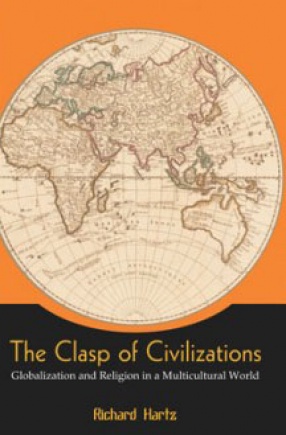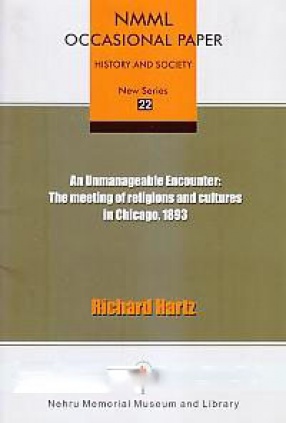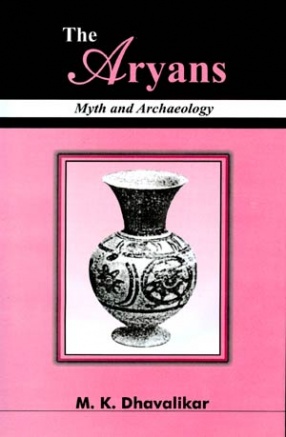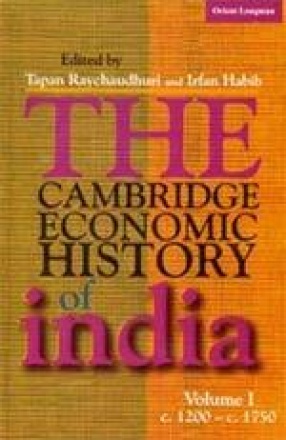The Clasp of Civilizations: Globalization and Religion in a Multicultural World
Our planet seems to be getting smaller and smaller. We now interact all the time with our once-distant neighbours around the globe. Yet our cultures remain almost as different as ever. Civilizations are the largest widely recognized units of this diversity. Over the centuries, each has evolved its own distinctive contributions to human life. But differences can be a source of conflict as well as mutual enrichment. Since the end of the Cold War, and even more in the aftermath of the events of September 11, 2001, the scenario of a “clash of civilizations” has struck many people as plausible.
Proposing the alternative scenario of a “clasp of civilizations”, these essays stress the persistence of cultural diversity despite the homogenizing pressure of globalization, but argue that this diversity need not lead to conflict and may be our greatest resource. Given the centrality of religion to many cultures, much depends on the replacement of outdated attitudes of religious exclusivism by a pluralism that embraces the other. A historical landmark in the emergence of religious pluralism was the Parliament of Religions that opened in Chicago on 11 September 1893. This book brings out its significance as a global cultural event, too far ahead of its time to be fully understood by its contemporaries.
The Parliament brought several notable exponents of Asian spirituality to America, including the charismatic Swami Vivekananda from India. Thus began the contact between these two countries which continues to deepen to this day. Written by an American living in India, the book contains essays on the idea of India and the American dream, as well as discussing broader questions raised by the meeting of different ways of knowing and being in an enigmatic world.
Get it now and save 10%
BECOME A MEMBER








Bibliographic information